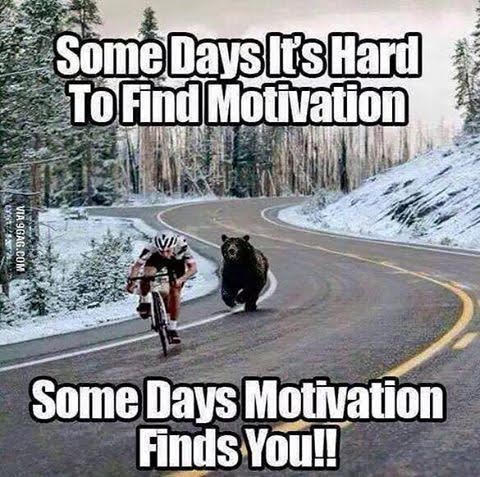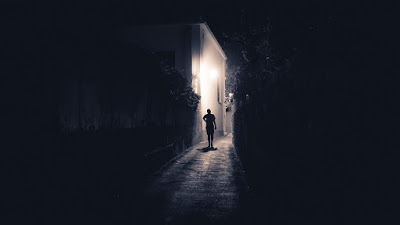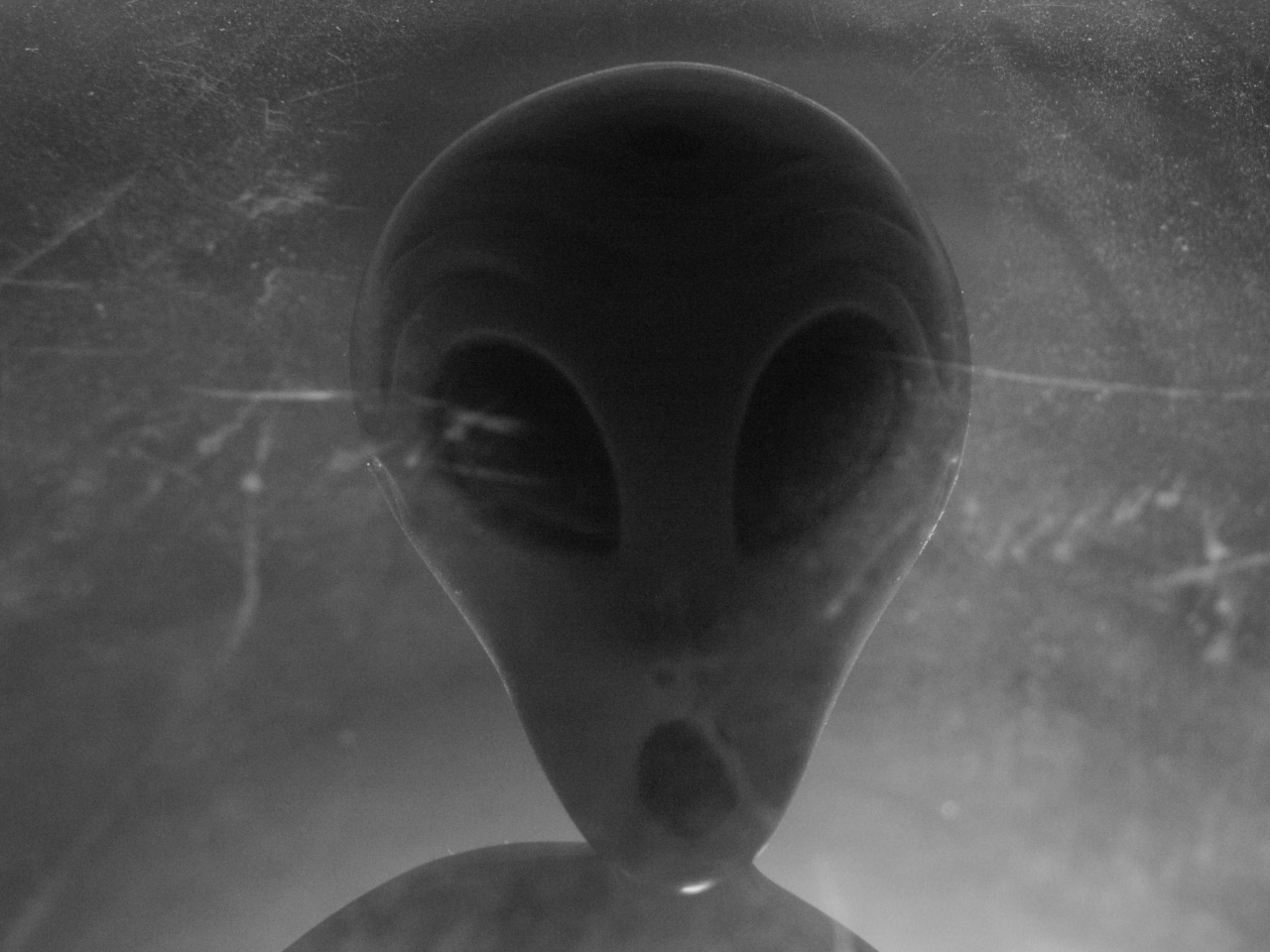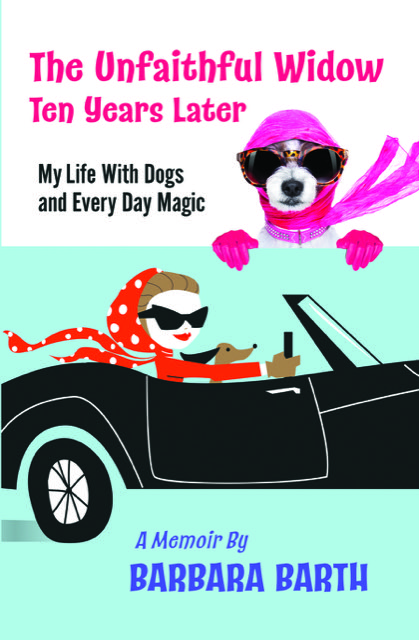Known as one of the most complicated movies of all time, Inception directed by Christopher Nolan and starring Leonardo DiCaprio and Joseph Gordon-Levitt introduces the concept of dream sharing and the hope of planting an idea in an unsuspecting assailant so one man can overcome his haunted past.
Whooo…that was one long sentence. Pretty good, huh?
No, I’m not starting to introduce movie reviews, but I am mentioning the movie Inception because of a scene that I watched a few weeks ago.
So, Leonardo DiCaprio is introducing the idea of dream sharing and entering into someone’s dreams with Ellen Page. Leo is hoping to use Ellen Page to create the world of the dream. (This is about as much explaining as I plan on doing, by the way; this movie really is complicated).
Here’s how the conversation starts…
Leo: Imagine you’re designing a building . You consciously create each aspect. But sometimes it feels like it’s creating itself.
Ellen: Yah, like I’m discovering it.
And a thought came over me…the idea of Inception is a lot like developing an idea for a story. When you are developing a story, even if you are planner right down to the last period, you could never say exactly where the story is coming from. Just that it seems to be happening right before your eyes. We are discovering this story.
Here is where the reader comes in:
Leo: You create the world of the dream. We bring the subject into that dream and they fill it with their subconscious.
And isn’t that exactly what we do to the reader? We build the “world” for them….that world being the book, the story, the plot line, the characters, the setting, etc. And when they read the book, they fill it with their subconscious.
But just like Ellen Page asks…
How could I ever acquire enough detail to make them think thats it’s reality?
And that’s where the skillful writer comes in (which leaves me to believe that Leo didn’t need an engineer to build his dreams…he needed a writer!) As writers we are constantly aware of the fact that we must let the reader think it’s reality, even if it’s fantasy. We don’t to have a scene in our stories where the reader is pulled away from the moment and looks at the story as if it’s just a story. (Remember what happens in Inception…the subconscious begins to attack the invader. And we really don’t want readers attacking our books.)
This time I want to know what you think…what can we do as writers to make sure that the reader continues to believe this world we have created is reality? What are some tips that you have?







Christopher Nolan's films are the best. Inception is one of my favorites.
For me, getting to the heart of whatever a situation is crucial. A conflict has to be meaningful. It has to matter. It can't be created drama simply for a story line. The thinking has to hold a form of relationships. There has to be a solid fundamental that everyone can relate too. Whether it's love, fear, anger, sadness. Something from those four centers. Keep dancing those four points and you've created a nice arena without focusing on details.
This has been my struggle. I can write a good engagement but my finishes are like asking someone to get off the bus. Personally, I don't habitually linger on a good thing. I'm on the next objective. That's one of the many weaknesses for me.
Many good writer's say that if thy aren't interested in the story, they don't write it. Find a point of interest and tease it delicately.
You are definitely right Ben. Every story has to include something that matters. For Inception it was love. And no matter what the subject of story, if it include a core concept that anyone can relate to, it is more than possible that you will captivate the reader.
Interesting what you struggle with the most – maybe ending earlier can help? I know if I linger on an ending that it doesn't help me at all For me, I struggle the most with the middle – the in between of what will happen and how it ended up…the "what actually happened" is my struggle point.
What a great post Nicole–I loved your take on dreams and this movie. I haven't seen this film because I try to stay away from things that could affect me in a negative way, i.e. war films and horror give me nightmares. Yeah, I'm a bit of a pansy, but I really like the way you explain that writers are creators who build the story inside our heads.
Thanks so much for linking up with BlogFrog and letting us know about the ways you dish up inspiration on your blog. WE LOVE it!! I loved the way you had us reflect as readers, writers, and individuals here. Have you read Bird by Bird by Anne Lammott? It's a heavenly read in the off chance you haven't.
Happy to be your newest follower!
Happy seeing beautiful!
http://seeabeautifulworld.blogspot.com/
This comment has been removed by the author.
Inception is a great movie and I like how you linked it with writing.I prefer books that give just enough detail so my mind can fill in the rest. I don't want books giving me every single detail of what a person looks like, for instance. It takes the fun out of reading.
Nicole, this is a very interesting post! I like the way you compared the engineering of the dream world in Inception to writing and creating worlds in fiction. They are similar. By the way, I did like the film. I think the best way to create a fictional world is by giving it some bit of reality. Relate something in it to something in real life. And speak in a way that convinces the reader that it is true and happening. Give detailed, but logical descriptions (even if fantasy). And put believable characters (and loveable ones) into these places you've created. The characters and their environment need to mesh together as if they depend upon each other for survival. Just my view. Thanks for sharing, Nicole. It is very thought-provoking.
I can totally relate to Ellen comment about discovering it as opposed to creating it. I feel that way a lot. I think in order for the world to be real, you have to let your characters show it to you instead of you telling the reader about it.
@The Desert Rocks – I know what you mean about staying away from dark films. That can definitely affect your dreams! But we writers definitely know how to get in each others head!
@Lydia Criss Mays – You know that is actually one of the books I haven't had the chance to read yet, although I have heard wonderful things about it!! And thank you for the compliment about my blog!!
@Auden Johnson – I know what you mean. If a book gives me too much detail, like way too much description, it doesn't leave me with very much room to see it how I want to see it. There's only so much a writer can give! Leave a little bit to my imagination!
@Lena – Good point – creating something we can relate to can be so important. And the characters and setting really do need to belong with each other and match! Even in the most bizarre of books you always have an element that can be relatable!
@Kelly – So true!! Characters have a lot to say and by paying attention to them we make the world that much more real!
Not having seen the movie–you draw a great analogy. Now you have me wanting to see the movie!!
Cheers, Jenn